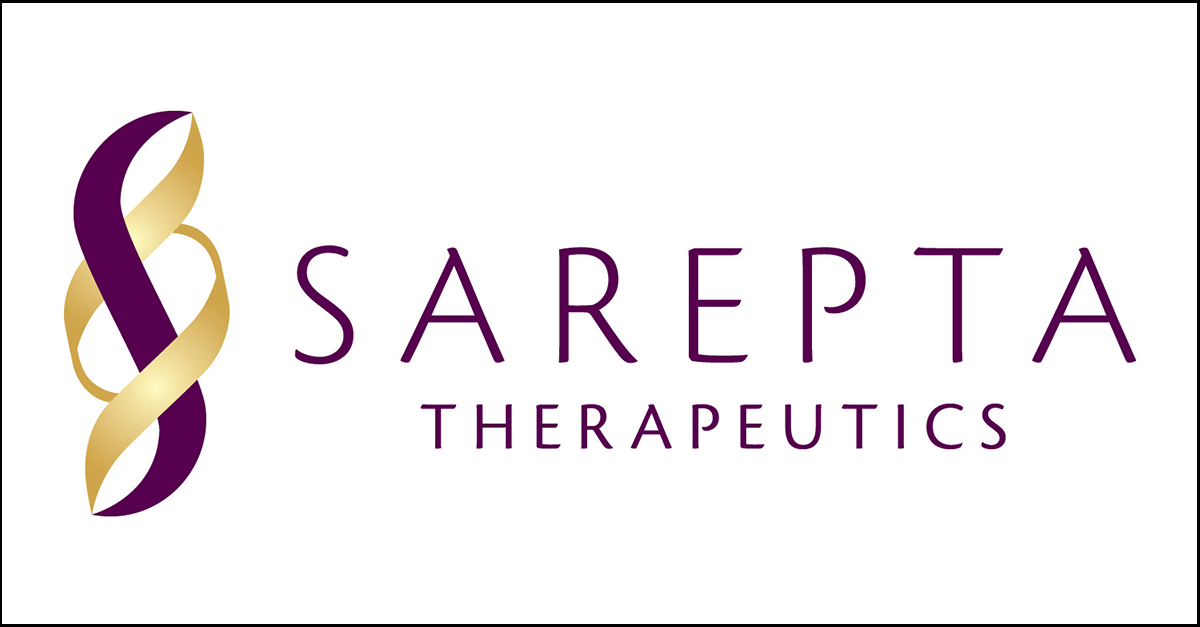
Sarepta Therapeutics announced that it has completed a meeting (Type C) with FDA’s Office of Tissues and Advanced Therapies (OTAT), an office that is part of the Center for Biologics Evaluation and Research (CBER).
The purpose of this type C meeting with the FDA was focused on obtaining an agreement for the next phase of their SRP-9001 gene therapy clinical trials which will use ‘commercial grade’ material, meaning the same commercial process material they would use if SRP-9001 were approved by FDA. Sarepta stated they have been asked by FDA for additional data on the potency of the commercial grade material and will provide FDA answers in a timely manner in order to move rapidly toward the next stage of clinical testing.
PPMD is proud to have been an early funder of SRP-9001 as part of our Gene Therapy Initiative. SRP-9001 is an investigational gene transfer therapy intended to deliver its micro-dystrophin-encoding gene to muscle tissue for the targeted production of the micro-dystrophin protein.
Read the announcement from Sarepta:
Sarepta Therapeutics Provides Program Update for SRP-9001, its Investigational Gene Therapy for the Treatment of Duchenne Muscular Dystrophy
CAMBRIDGE, Mass., Sept. 09, 2020 (GLOBE NEWSWIRE) — Sarepta Therapeutics, Inc. (NASDAQ:SRPT), the leader in precision genetic medicine for rare diseases, today announced that it has completed a Type C ‘written response only’ meeting with the Office of Tissues and Advanced Therapies (OTAT), part of the Center for Biologics Evaluation and Research (CBER) at the U.S. Food and Drug Administration (FDA), to obtain OTAT’s concurrence on the commencement of its next clinical trial for SRP-9001 using commercial process material. SRP-9001 (AAVrh74.MHCK7.micro-dystrophin) is Sarepta’s investigational gene transfer therapy for the treatment of Duchenne muscular dystrophy.
Among other items, OTAT has requested that Sarepta utilize an additional potency assay for release of SRP-9001 commercial process material prior to dosing in a clinical study. Sarepta has several existing assays and data that it believes could be employed in response to OTAT’s request. However, additional dialogue with the Agency is required to determine the acceptability of the potency assay approach.
“We look forward to working with OTAT to potentially satisfy their requests and to obtain clarity on the timing of the commencement of our commercial supply study. We will provide further updates as we are able,” said Doug Ingram, president and chief executive officer, Sarepta Therapeutics. “Every day, thousands of children degenerate from the irreversible damage caused by Duchenne muscular dystrophy. It is for that reason that we will work relentlessly with the Division to satisfy any requests of OTAT and continue the advancement of a potentially transformative therapy for these patients.”
About SRP-9001 (AAVrh74.MHCK7.micro-dystrophin)
SRP-9001 is an investigational gene transfer therapy intended to deliver the micro-dystrophin-encoding gene to muscle tissue for the targeted production of the micro-dystrophin protein. Sarepta is responsible for global development and manufacturing for SRP-9001 and plans to commercialize SRP-9001 in the United States. In December 2019, the Company announced a licensing agreement granting Roche the exclusive right to launch and commercialize SRP-9001 outside the United States. Sarepta has exclusive rights to the micro-dystrophin gene therapy program initially developed at the Abigail Wexner Research Institute at Nationwide Children’s Hospital.



 by: Parent Project Muscular Dystrophy
by: Parent Project Muscular Dystrophy

